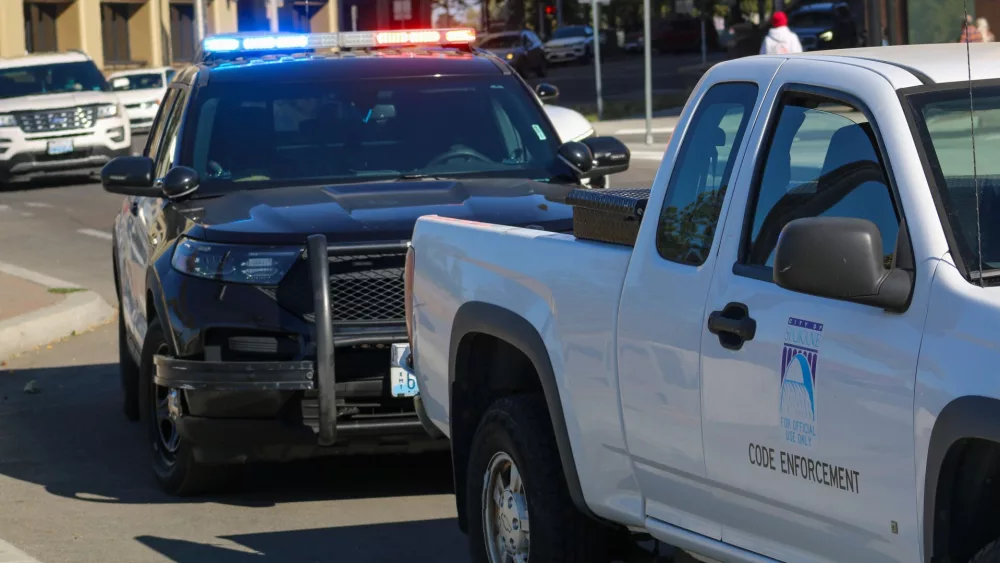(The Center Square) – When Washington state voters approved Initiative 940 in 2018, one intent was to create regional investigation teams which could independently examine “use-of-deadly-force” incidents by law enforcement officers and agencies.
Three years later, in 2021, the Washington Legislature gave authority to the state Auditor’s Office to investigate the investigations themselves.
That process began in earnest last year. As of last month, the office had published 20 reports, has another 14 audits in progress, and said there are 70 additional investigations that will require an audit.
The audits themselves do not determine whether involved officers were justified in using lethal or harmful force, nor whether prosecutors made the right choice to charge or not charge them with a crime. Rather, the reviews examine whether the independent investigation teams, or IITs, are complying with state laws, plus offer recommendations for improved compliance in the future.
Overall, the audits completed in 2023 found that Independent Investigation Teams and responding officers “have regularly complied with … rules and best practices.” But some areas of noncompliance were also noted, along with instances where documentation in case files could be improved and rules could be clarified.
“I believe we have shown that an auditor’s core values of transparency and accountability can offer new insights into the complex and important field,” state Auditor Pat McCarthy wrote in a summary of the report, called “Use of Deadly Force Investigation Audits: Themes from the First Year.”
Washington has 17 independent investigation teams across the state. These designated units are comprised of command staff, detectives, crime scene investigators from police agencies within a region, plus volunteers – called community representatives – who provide perspective and are required to participate in certain processes.
In 2023, the works of 11 IITs were examined. Based on those reviews, state auditors are recommending that member police agencies create a “transparent process” for selecting community representatives; that all investigators and community representatives complete “conflict of interest” assessments within 72 hours of starting an investigation; and that officers who are involved or witness an incident be ordered to not speak about the case before providing statements to investigators – and that such orders are documented.
“Like our other audits, our use of deadly force investigation audits provide the public and officials with facts,” McCarthy stated. “And like traditional audits, they demonstrate the powerful role an independent, outside review plays in sustaining public trust.”
McCarthy said the 2023 report examined steps taken by each law enforcement investigation unit responding to an incident and compared those efforts to professional best practices and rules established by the state Criminal Justice Training Commission.
In the future, auditors recommended that the CJTC provide guidance to IIT leadership to ensure that investigators’ backgrounds are “free from misconduct or other dishonorable behavior that could jeopardize their objectivity.” The audit also said the CJTC should clarify requirements for investigative teams in communicating with families of persons who are seriously injured or killed through use of force about developments in their respective cases.
Specifically, the audits looked at four areas:
independence – ensuring the involved police agency took no part or had any appearance of influence in an investigation;transparency – ensuring community members believe the investigation was conducted in a trustworthy manner;communication – whether the investigation team kept the public and the family of the person killed or seriously injured apprised of progress;credibility – making sure investigators met necessary training requirements and demonstrated ethical behavior and impartiality.
In addition to establishing the IITs, Initiative 940 requires law enforcement officers to complete de-escalation and mental health training, establishes state policy requiring law enforcement personnel to render first aid, and modifies the criminal liability standard for officers using deadly force.





